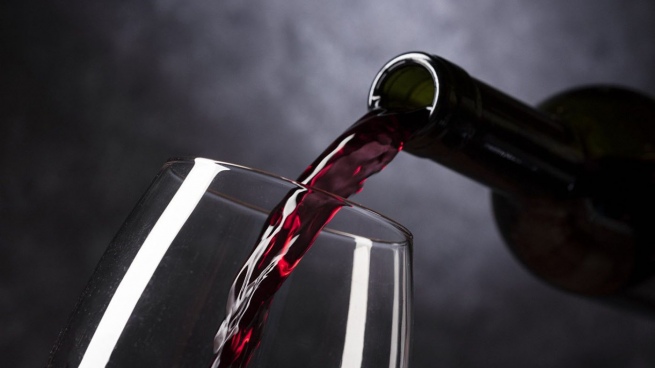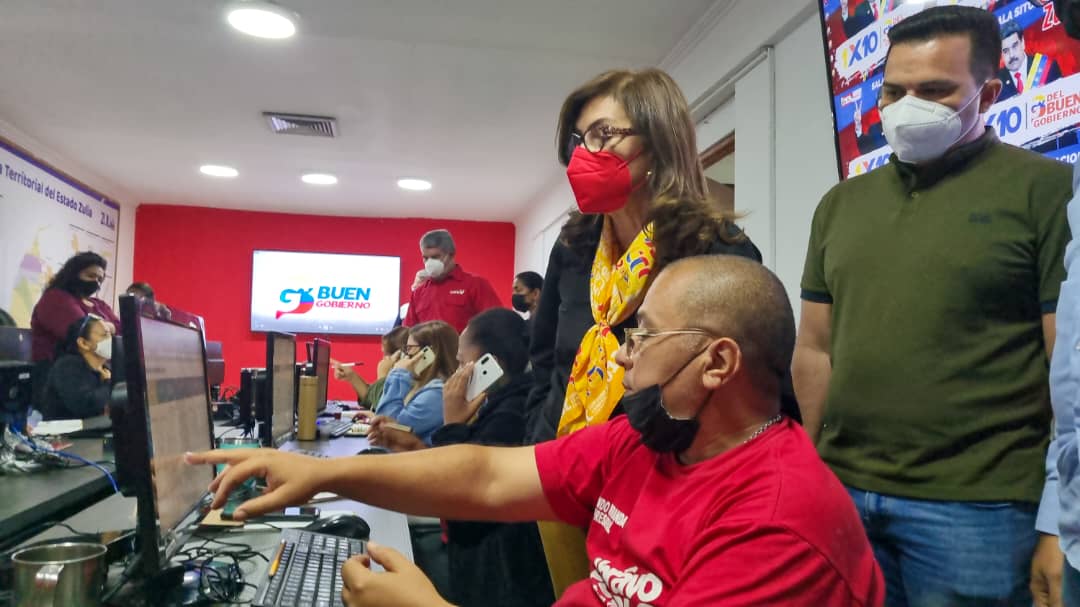Sustainability, electronic commerce, artificial intelligence, biodevelopment and cryptocurrenciessome of the trends that impact the wine industry and were discussed in 4th edition of the Wine Innovation Summit (WIS)a meeting on innovation in the sector that took place in recent days in Mendoza.
Raimundo Swett Amenabarcommercial director of Prochile in Argentina, highlighted the importance of sustainability in the sector and stated that it should be a policy over time, as well as “a great opportunity to be at the table of the main markets” from the changes in consumption.
“79% of consumers are changing their purchasing preferences, 85% of retailers have seen consumption growth in the aisle of products with sustainable certifications and 90% of them believe it will continue to grow in the future,” he added.
For her part, the person in charge of developing Incentia’s business in Argentina, Vanessa Vignera, agreed with Swett Amenábar on the changes of consumers in search of healthier and fresher products; and he highlighted the importance of caring for the environment.
“79% of consumers are changing their purchasing preferences, 85% of retailers have seen consumption growth in the aisle of products with sustainable certifications and 90% of them believe it will continue to grow in the future”Raimundo Swett Amenabar
In that sense, Luis Romerocoordinator of the Argentina Winery Sustainability Commission, highlighted the growing interest of member wineries in managing and certifying as a sustainable winery.
The incorporation of sustainable practices in wine establishments poses challenges, such as the one mentioned Cecilia Acosta and Rocío Nadin, from Bodega Argentowho shared their experience in protecting crops against one of the most important pests in vineyards, ants.
Based on biocontrol with different alternatives on the farms, and seeking a balance so as not to affect the ecosystem, they managed to sustainably prevent the ants from eating the vine.
For its part, Carla Grosso, from Kilimo, and Mariano Dorado, from Chandon and Terrazas de los Andesshared their experience in technology focused on the agricultural sector (agtech) applied to efficient irrigation in vines.
Dorado highlighted the challenge posed to the winery by managing irrigation in large areas, reducing the operating costs associated with irrigation and making the operation more efficient, optimizing the use of energy and the costs of human resources in the operation.
In that sense, Rodrigo Exequiel Garcia Durá and Sebastián Aveille, from Microsoft Argentina, assured that to be more efficient in the use of water and fertilizers in the vineyards and thus reduce costs; as well as to anticipate frost on farms or the possibility of hail with early warnings, artificial intelligence can be used.
Another trend is sustainable wine stoppers, such as Sübr, “a micronatural stopper that combines the best of nature and cutting-edge technology,” according to Marta Arranz, specialist at Vinventions Spain.
“It is a new category of microglomerate closures that is sustainable; micronatural closures are made from cork granules and natural, biodegradable and plant-based materials,” he added.
Also the residues of the harvest (vine shoots, stalks and marc) are used for the biomanufacturing of wine containers from an inoculated fungus that generates a material similar to Styrofoam, avoiding the use of plastics, wood and cardboard, such as the one carried out Mike Barrow on his 4m3.bio project.
On the other hand, since the pandemic, e-commerce has become a new tool for wine sales for wineries.
In this sense, Lucian Rafowicz, Sales Manager Latam at Summa Solutions & Brandlive by Infracommerceassured that electronic commerce grew a little more than 30% since the pandemic.
While Ignacio Indaburu, from Satoshi Tangoasked to think of cryptocurrencies as “a modern form of money that combines the best properties of the material world, with the functions that digitalization gives us.”
Likewise, in recent times the role of women in the wine industry has grown: In the last year, the number of women in sectors such as the fractionation line, oenology, laboratory, agronomy, pruning and harvesting increased by 30%, he said. Federico Azeglio, from Adecco Argentina.










